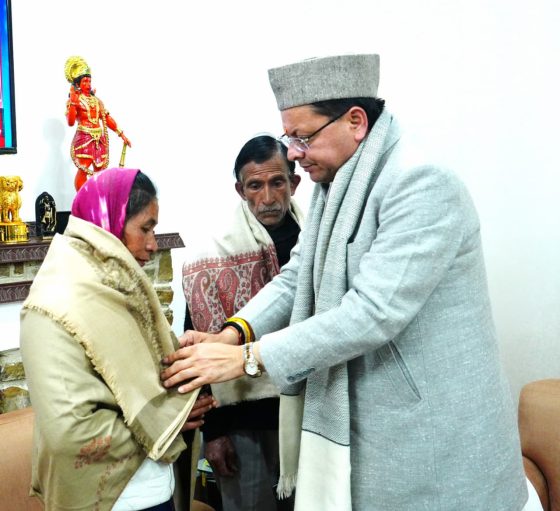A combination of smoke from stubble burning in Punjab and Haryana and moisture turned Delhi, India’s capital city, into a “gas chamber” on Tuesday, prompting authorities to announce a series of preventive measures including a four-fold hike in parking fees and slashing of metro fares.
The smog brought down visibility levels, affecting flight and train operations. The heavy air permeated living rooms and even the underground metro stations in the city making it difficult to breathe, turning eyes watery.
In the evening, Deputy Chief Minister Manish Sisodia announced that primary schools in the national capital will remain close tomorrow. The Supreme Court-mandated Environment Pollution (Prevention and Control) Authority, empowered to enforce the Graded Response Action Plan (GRAP), also directed the states in the region to start preparing for implementing measures like ‘odd-even’ in light of the “crisis situation”
The air quality index was in the ‘severe’, with a score of 448 in a scale of 500, category for the second time this year. Earlier, Diwali fireworks had triggered peak pollution levels on October 20
The National Green Tribunal took the governments of Delhi, Uttar Pradesh, Punjab and Haryana to task, seeking to know why steps to prevent steps were not taken despite knowing well in advance that such a situation was likely to arise. The Delhi government is mulling over shutting schools till the peak pollution levels prevail. Chief Minister Arvind Kejriwal tweeted: “Delhi has become a gas chamber. Every year this happens during this part of year. We have to find a solution to crop burning in adjoining states.”
“Considering high level of pollution, I have requested Manish Sisodia, Education Minister, to consider closing schools for few days,” he added.
The Indian Medical Association said Delhi was witnessing a “public health emergency” and appealed to the government to stop outdoor sports and other such activities in schools to protect the health of children. Later, in a meeting to review the status of air quality, the EPCA announced that all measures under the GRAP’s severe category will be implemented across the region till further notice
CPCB member secretary A Sudhakar told PTI the intensity of pollution peaked since last night as moisture-heavy winds from Uttar Pradesh and hot winds carrying emissions from stubble burning from Punjab and Haryana have dealt a double- whammy
“We are not expecting a dramatic change in the next two- three days. Shallow fog and a complete absence of wind are preventing the dissipation of pollutants at the ground level,” Sudhakar said. The wind speed is currently around 3 metres per second, Sudhakar said, explaining it is inadequate to disperse particulate matter like PM2.5 and PM10.
EPCA chairman Bhure Lal and member Sunita Narain directed the municipal bodies in the region to immediately enhance parking fees by four times and instructed the Delhi Metro to lower fares during off-peak hours for at least 10 days, introduce more coaches and ensure frequent services.
Among other measures, the EPCA instructed Delhi and neighbouring states – Uttar Pradesh, Rajasthan and Haryana — to strengthen the public transport system by introducing more buses and said a fine of Rs 50,000 would be imposed on road construction agencies violating dust pollution norms. The body asked the Delhi-NCR governments to start preparing for measures like odd-even and a complete ban on construction activities if pollution aggravates
The measures also include complete closure of brick kilns, hot mix plants and stone crushers across the region till further notice and a ban on entry of goods vehicles – not destined for Delhi for the next 20 days – in the city
 Dainik Nation News Portal
Dainik Nation News Portal




